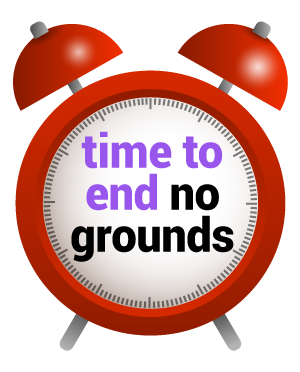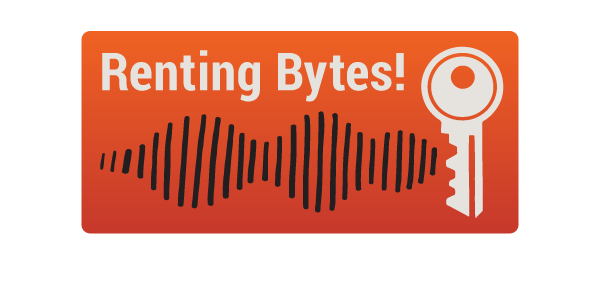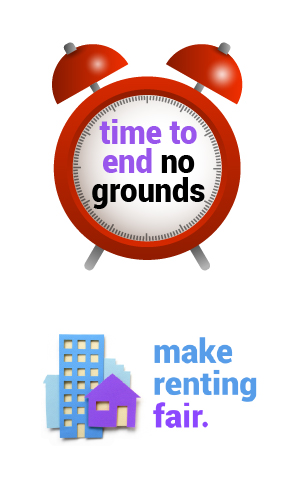When you start renting

This is an Aboriginal Tenants' Factsheet. For more general information see Starting a tenancy.
WHAT SHOULD THE LANDLORD OR AGENT GIVE YOU?
The most important document is a rental agreement, also called a tenancy agreement or lease. This says what you can and can’t do when you rent a place according to tenancy law. It also says what the landlord has to do.
Your agreement should be in writing so you can keep it. Read it carefully and ask questions if you don’t understand anything in it. The landlord or agent should also give you the New Tenant Checklist – this is a list of things you need to think about before you sign the agreement.
The landlord must sign an information statement accepting their rights and responsibilities as your landlord. Social housing providers do not have to sign this statement (including NSW Land and Housing Corporation, community housing providers, and the Aboriginal Housing Office).
You and the landlord (or agent) both need to sign the agreement. Then the landlord or agent should give you:
- a copy of the agreement
- keys for each tenant named in the agreement.
Make sure you keep the agreement in a safe place.
HOW MUCH DO YOU HAVE TO PAY?
The amount you will have to pay before you move in will depend on whether you are renting privately – from a landlord or agent – or from DCJ Housing or another social housing provider.
Private renters
Before you move in you will need money for:
- up to 2 weeks rent in advance
- the bond.
Holding fee
You may be asked, or you may decide, to pay a holding fee when you apply – this is to make sure you get the place. The most they can ask for is one week’s rent. This money should go towards the rent from the day your agreement starts. You probably won’t get the money back if you change your mind and don’t move in. If they change their mind they must return the money in full.
Rent in advance
You have to pay some rent before you move in (2 weeks rent at the most). If you paid a holding fee then that should come off the 2 weeks rent.
You may be able to get help to pay rent in advance and the bond from Rentstart. This is a government loan scheme for people in need. Phone DCJ Housing on 1800 422 322.
Bond
The most they can ask you to pay for the bond is 4 weeks rent. You should get this money back when you move out.
The bond is money you pay in case you don’t do the things in the rental agreement or you damage the place. If that happens some or all of the money may go to the landlord.
The bond is given to NSW Fair Trading to be kept for you, it does not stay with the landlord. Make sure you get a receipt when you pay the bond. Fair Trading will send you a letter saying how much you paid.
Example – For private renters
Say you are going to pay $300 per week to rent a house. Before you move in, the most you will have to pay is:
- Bond: $300 × 4 = $1,200
- 2 weeks rent in advance: $300 × 2 = $600
TOTAL = $1,800
DCJ Housing or Aboriginal Housing Office renters
In most cases, you will only have to pay 2 weeks rent before you move in (rent in advance). However, some tenants may be required to pay a bond. For more information google Paying a DCJ Housing Rental Bond Factsheet.
WHAT IS A CONDITION REPORT?
When you move in you should be given a condition report. The condition report sets out what the place is like, including any problems with the property. The report may already be filled in – you need to check it carefully to make sure it’s right.
If you aren’t given a report, ask for one or write your own.
Fill in 2 copies, one for yourself and one for the landlord or agent. Get someone to help you if you need to.
Go through the place room by room and check the outside as well. Write down all the problems you see – like stained carpet, leaking taps or lights that don’t work. Take photos of any damage if you can.
The landlord or agent might promise to fix or clean things up and you should put this in the condition report.
You must complete your condition report and return one copy to the landlord or agent within 7 days of moving in.
If the landlord/agent does not give you a condition report, write a detailed report on the condition of the house yourself and have a witness sign and date it. Keep your copy in a safe place. It is a useful record if the landlord asks you to pay for damage that was already there, or if they won’t give you your bond back when you leave.
HOW LONG CAN YOU RENT FOR?
Private renters
The rental agreement sets out how long you can stay. It is usually for a specific time, like 6 months; this is a fixed-term agreement. You can stay after this time if you or the landlord don’t end the agreement. Sometimes there is no definite time in the agreement and this is called a periodic agreement.
DCJ Housing or Aboriginal Housing Office renters
How long you can rent for will depend on when you moved in. If you moved in:
- before 1 July 2005 – it usually means you can stay as long as you like
- after 1 July 2005 – DCJ Housing will let you stay 2, 5 or 10 years (depending on your needs). After that time, DCJ Housing will say if you can stay longer.
NEED SOME HELP?
Call your local Aboriginal Tenants' Advice and Advocacy Service for free advice. Find your service here.
Last updated April 2020.




